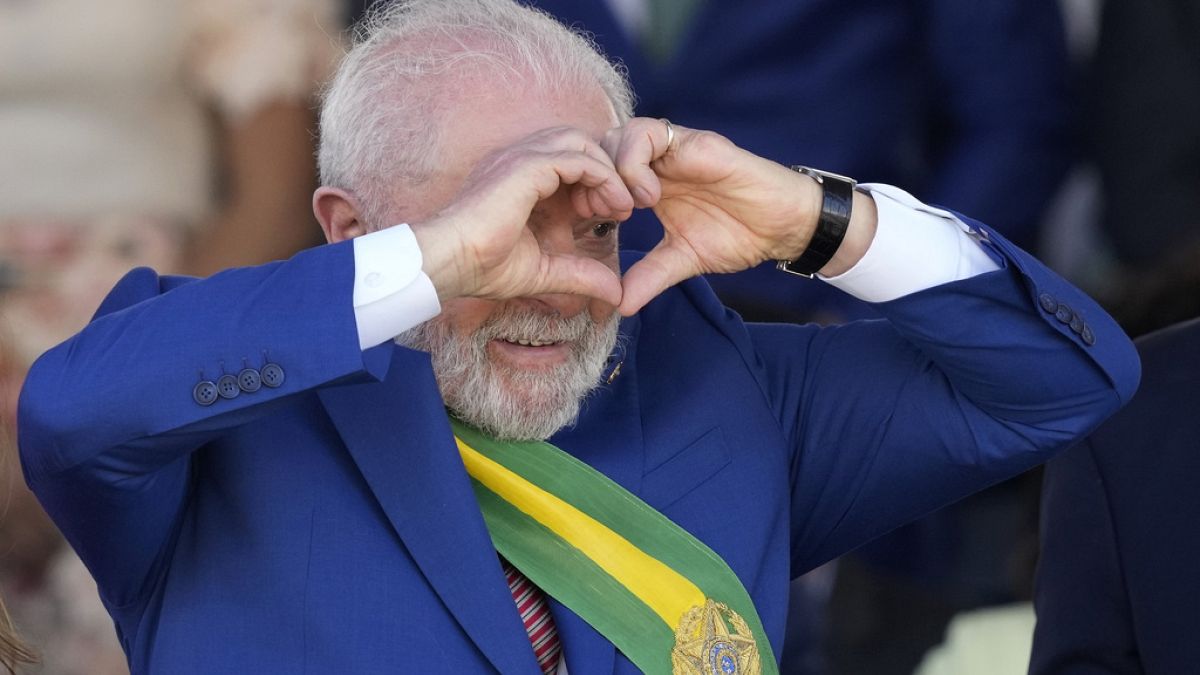Brazil's president has qualified his words a day after claiming an International Criminal Court arrest warrant would be ignored if the Russian president visited Rio for the G20 summit in 2024.
Brazil’s president has back-tracked on a personal assurance that Vladimir Putin would not be arrested if he attended next year’s G20 summit in Rio De Janeiro.
Luiz Inácio Lula da Silva made his initial remarks at the end of the G20 summit in New Delhi. He said he hoped the presidents of China and Russia would come to Rio and that by then the war would be over.
He said: "We will invite you, we hope you participate. I hope that when we hold the summit it will be over.”
The International Criminal Court (ICC) issued an arrest warrant for the Russian president in March accusing him of illegally deporting Ukrainian children to Russia.
Russia is a member of the G20, but Putin did not attend the conference in India.
Brazil is one of the countries that signed the Rome Statute that led to the founding of the ICC. It took over the rolling presidency of the G20 at the end of the New Delhi summit.
